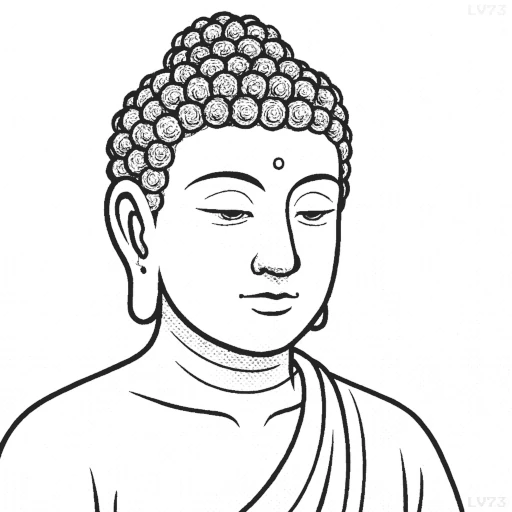“Just as treasures are uncovered from the earth, so virtue appears from good deeds, and wisdom appears from a pure and peaceful mind. To walk safely through the maze of human life, one needs the light of wisdom and the guidance of virtue.”

- 7th century BC to 5th century BC
- Indian
- Religious leader, thinker
table of contents
Quote
“Just as treasures are uncovered from the earth, so virtue appears from good deeds, and wisdom appears from a pure and peaceful mind. To walk safely through the maze of human life, one needs the light of wisdom and the guidance of virtue.”
Explanation
This quote compares virtue and wisdom to treasures that are uncovered through specific actions and qualities. Just as treasures lie beneath the earth and require effort to reveal, virtue is revealed through good deeds, and wisdom comes from maintaining a pure and peaceful mind. The quote emphasizes that these valuable qualities are not innate or easily attained—they require intentional cultivation and conscious effort. Furthermore, it suggests that to navigate the complexities of human life, individuals need the guidance of virtue and the light of wisdom to make sound decisions and live a meaningful, peaceful life.
In modern life, where people often face overwhelming challenges and distractions, the message is clear: virtue and wisdom are essential tools for overcoming adversity. Virtue, such as kindness, honesty, and integrity, guides individuals to make ethical choices, while wisdom—developed through mindfulness and reflection—helps us to see situations clearly and make decisions that lead to long-term peace and success. For example, in a stressful work environment, applying wisdom to handle conflicts and practicing virtue through patience and understanding can lead to better relationships and a more peaceful workplace.
Historically, Buddha’s teachings focus heavily on the development of virtue and wisdom as integral parts of the path to enlightenment. Both qualities are seen as guiding forces that help individuals lead a life free from suffering and confusion. Virtue provides a moral compass, while wisdom helps one understand the true nature of life. By nurturing both, one can walk the path of peace, ultimately attaining the freedom and insight that comes with a life lived with intention and integrity.
Would you like to share your impressions or related stories about this quote in the comments section?





